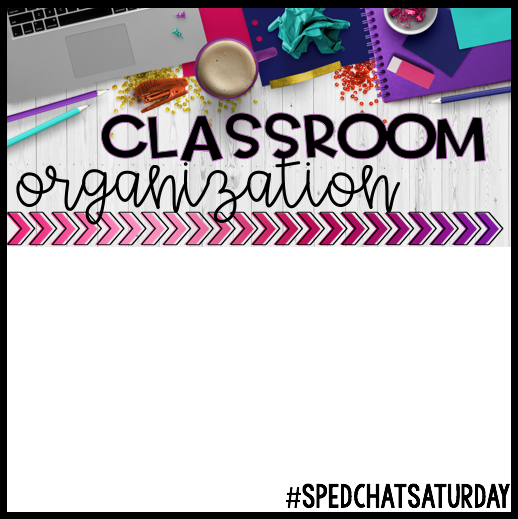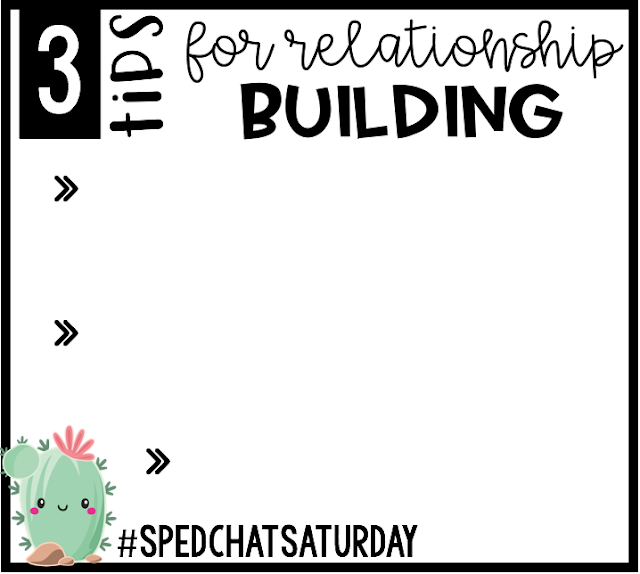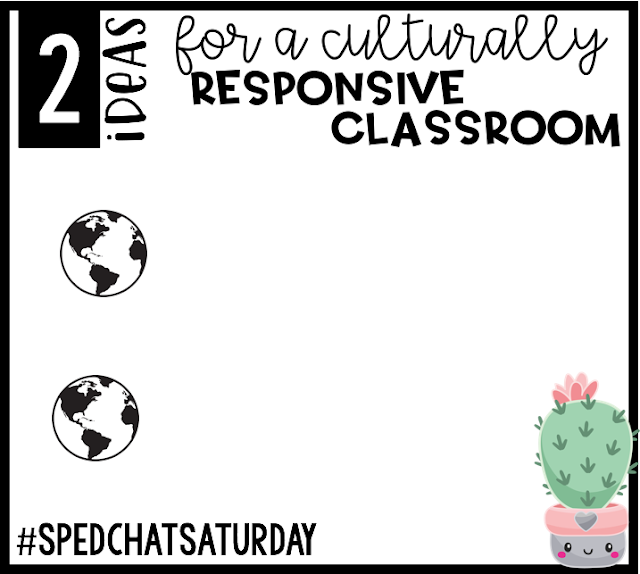I've been thinking about what exactly I would type in this post for about a couple weeks now. As teachers, we have to remember that the most important role we have is to be an advocate for change. To fight for the educational experience our students deserve and should receive. But... there are some serious problems.
Well, what exactly are the issues, you ask?
Let's look at some data from the Office of Civil Rights | U.S. Department of Education
(based on 2013-2014 public school data)
"Black K-12 students are 3.8 times as likely to receive one or more out-of-school suspensions as white students."
"Students with disabilities served by IDEA (12%) are more than twice as
likely to receive one or more out-of-school suspensions as students without
disabilities (5%)."
"Black students are 16% of high school students but 30% of high school
students retained, while white students are 53% of high school students
but 31% of high school students retained."
"Elementary school students with disabilities served by IDEA are 1.5 times as likely to be chronically absent as elementary school
students without disabilities."
"Black students are 2.2 times as likely to receive a referral
to law enforcement or be subject to a school-related arrest as white students."
"Students with disabilities served by IDEA represent 12% of all students,
but 67% of students subject to restraint or seclusion."
[
Source]
We also know that children in poverty have more academic and behavioral challenges in school, are more likely to repeat a grade in school, have low test scores, and even drop out of high school.
[
Source]
There are issues in the system. In special education. In education in general. Don't be ignorant towards the reality that exists in our classrooms.
This week's #SpedChatSaturday is meant to challenge us to take a deeper look at the management of our classrooms because I believe when students have solid relationships with their teacher(s) and peers they will respond better to instruction and be more open to learning. When a teacher has cultural competence he/she is aware of the challenges and circumstances that hold SO many of our students back from success - regardless of how "hard" they work. They must fight against a system that was not set up for their success. The truth is, our students have to learn resilience and have to be shown what it means to have a growth mindset. The good news, is that there are things you can do to promote change in the system and in your classroom and school.
Make a commitment to yourself and your students to improve in these areas and consider which of these strategies you can use in your classroom:
Relationship building is one of the most underused classroom management strategies I can possibly think of. Consciously plan for how you can develop AND maintain relationships with your students, especially your most challenging kiddo.
- What I can tell you from my experience working with youth that are emotionally and/or behaviorally challenged (and clinically identified as so) is that you cannot hold grudges toward your students. Every single day is a new day for every single kid. For my students, every minute is a new minute (literally). Let. it. go.
- There is almost nothing more comforting than a teacher who remembers your stories and important moments in your life. Ask students about something they shared with you two weeks ago. It shows that you were listening and care enough to remember and follow up with them about it.
- NEVER EMBARRASS A STUDENT IN A MOMENT OF FRUSTRATION. Avoid -- "calling students out" disrespectfully, using sarcasm (remember: this is different than humor) that belittles them, and threatening a punishment in front of others. It's always better to bring a student aside and discuss behavior concerns appropriately and respectful. It shows that you respect the student and their dignity.

What does culture have to do with classroom management? EVERYTHING! Your students MAKE your classroom and their background and experiences MAKE them. Not every student in your classroom eats the same thing, listens to the same music, learns the same way you do, or acts the way you do. When students share something that is different than what you experience, avoid acting surprised and saying things like, "What? That's so weird." or "Why would you do that/talk like that?" Be aware of how your own reactions might make your students feel and how that could impact the management and structure of your classroom. On the same note, be honest with your students when you don't know something that's important about them or you don't understand their background (SO important for secondary teachers). Similarly, find time in your curriculum to literally teach concepts of social justice: race v. ethnicity v. nationality, what it means to be prejudice and biased, equality v. equity. Let your students share with you what THEY see is wrong in society, in school, in their neighborhood. Make your classroom an anti-bully, anti-racist space that is academically challenging for ALL students - special education, ELL, minority students. Take some time to think about how you might respond to racism and stereotyping and how your read aloud should showcase students who look like and sound like the students in YOUR classroom.

Growth mindset seems like the newest buzzword in education. We have beautiful bulletin boards and nice coloring pages that tell kids "they can do hard things" (which, by the way, was a joke of the week to my middle school students -- #teacherfail) and that "their mindset is everything." And while I know these resources are useful, I think kids need more to fully grasp these ideas and put them to use in situations where they might not have a nice bulletin board to look at or a teacher to remind them to "keep going." When we try to sell things to kids, we have to be able to genuinely model it. It's like when we tell kids to be respectful, yet we don't model that same behavior under challenging circumstances. I believe sharing our journey from a fixed to growth mindset will be a powerful shift for our students. It's as simple as:
"Oh, art is cancelled again. That's unfortunate, we can work on ____ instead in the classroom."
"I guess the Smart Board isn't going to work today. That's okay, we do this instead."
It's as simple talking to a frustrated student about a time when you were frustrated and what you did in the moment to elivate the pressure. THESE are the growth mindset lessons our students need.
Believe that kids will remember what you've shown them more than what you have told them.
We are role models in our classrooms. Our students are always watching and seeing how we treat other staff members, how we demonstrate resilience when lose a prep time or have to report for a last minute meeting, the literature we read, and the community we create in our classroom.
What strategies would you share in these areas? Don't forget to
link-up with me & read what other educators have to say! :)


















